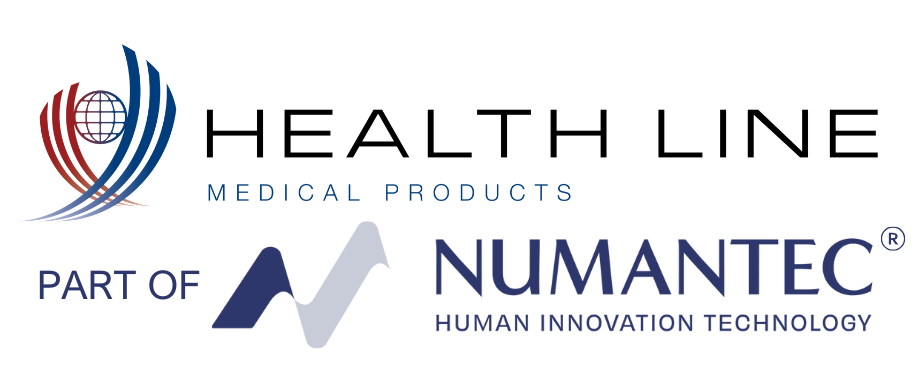Recent studies are emerging comparing the use of TIVA compared to inhalation anesthesia for surgeries or procedures in cancer patients. The choice of anesthesia technique, including whether to use TIVA or other methods, depends on various factors, including the type and stage of cancer, the surgical procedure being performed, the patient’s overall health, and the preferences of the surgical and anesthesia teams.
The research in this field is ongoing, and medical knowledge is constantly evolving. Therefore, it’s advisable to consult with healthcare professionals for the most recent findings and recommendations regarding TIVA in patients with cancer.
Below are 6 recent findings on the use of TIVA in patients with cancer:
- Reduced Cancer Recurrence: Some studies suggest that TIVA may have a potential benefit in reducing cancer recurrence compared to inhalational anesthesia. TIVA’s immunomodulatory effects and minimized impact on the surgical stress response might play a role in this observation.
- Preservation of Immune Function: TIVA may offer advantages in preserving immune function during surgery. By avoiding the use of volatile anesthetics, TIVA might mitigate anesthesia-induced immunosuppression, which could be crucial in cancer patients with compromised immune systems.
- Enhanced Drug Metabolism: The pharmacokinetic profile of intravenous anesthetics used in TIVA, such as propofol and remifentanil, may be advantageous in cancer patients with impaired drug metabolism due to liver metastases or other cancer-related issues.
- Improved Postoperative Outcomes: TIVA has been associated with better postoperative recovery in cancer patients, including shorter hospital stays, reduced postoperative pain, and faster return to normal activities.
- Stability and Control Management: TIVA allows for precise control of anesthesia levels, ensuring stable vital signs during surgery, which can be especially important in cancer patients who may have compromised health and need extra care.
- Decreased Surgical Stress Response: TIVA’s smoother induction and emergence might result in a reduced surgical stress response, which can be beneficial for cancer patients undergoing major surgery.
Health Line TIVA Sets
Here at Health Line, we offer TIVA sets to simplify practices, reduces drug waste, and promotes accurate delivery of drugs introduced closer to the patient’s IV access in a safe and controlled manner. Learn more here.
For more information about our TIVA sets, please contact your Health Line Sales Consultant at (877) 847-4542 or customerservice@hlic.net
References
Li, et al., (2023, May 15) The Potential Effect of General Anesthetics in Cancer Surgery: Meta-Analysis of Postoperative Metastasis and Inflammatory Cytokines. MDPI Open Access Journals. https://www.mdpi.com/2072-6694/15/10/2759
Pejakov, L. Zdralevic, M. Durisic, I. (2022) Propofol doses differ in total intravenous anaesthesia (TIVA) for cancer and no cancer surgery- observational cohort study. European Review for Medical and Pharmacological Sciences. https://www.europeanreview.org/wp/wp-content/uploads/5890-5901.pdf
Edwards, Z. Kelliher, L. (June 2020). Propofol-TIVA versus inhalational anesthesia for cancer surgery. Digestive Medicine Research. https://dmr.amegroups.org/article/view/6117/html
Yap, et al., (May 2019). Anesthetic technique and cancer outcomes: a meta-analysis of total intravenous versus volatile anesthesia. National Library of Medicine. https://pubmed.ncbi.nlm.nih.gov/30834506/#:~:text=The%20use%20of%20TIVA%20was,0.94%3B%20P%20%3C%200.01).
Health Line International Corp. is not responsible for any errors, omissions, injury, loss, or damage arising from or relating to the use (or misuse) of any information, statements, or conclusions contained in or implied by the contents of this document or any of the source materials. This content is not intended to replace professional medical advice.
